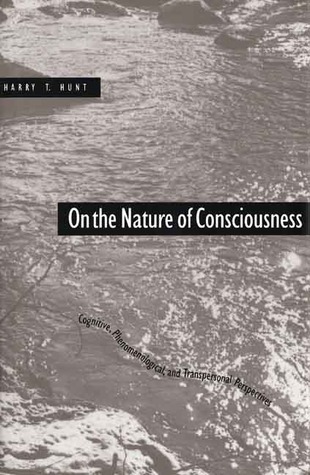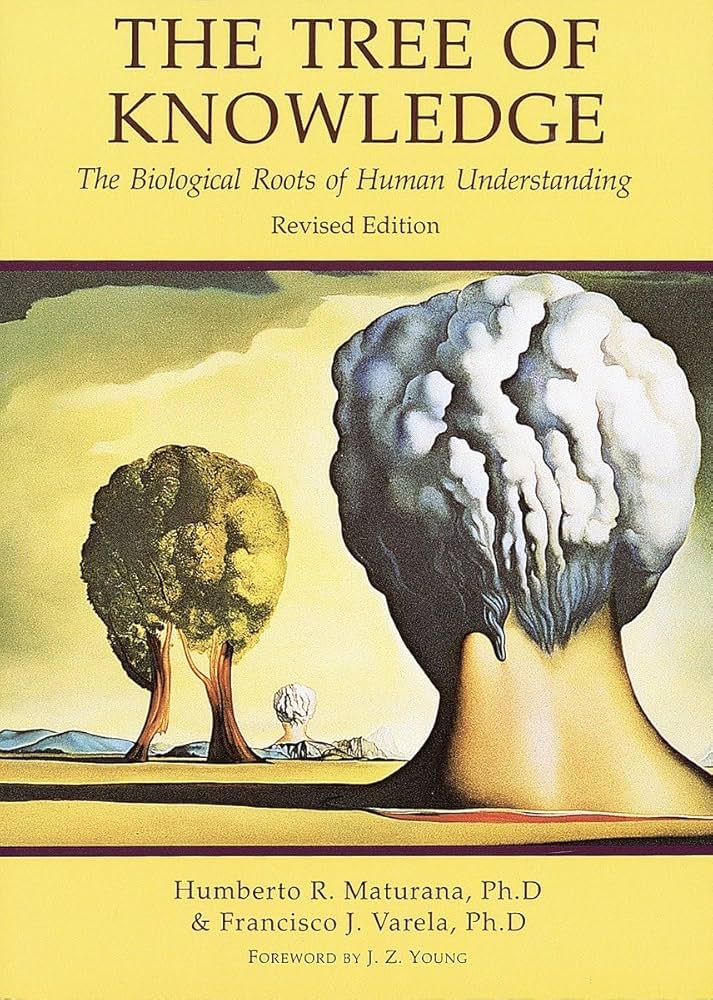
On the Nature of Consciousness: Cognitive, Phenomenological, and Transpersonal Perspectives
Book Description
Dare to plunge into the depths of the mind—where does consciousness truly reside? In 'On the Nature of Consciousness,' Harry T. Hunt masterfully weaves cognitive science, phenomenology, and transpersonal perspectives into a tapestry of thought-provoking insights. Explore the clash between empirical findings and the mysteries of subjective experience, unraveling the enigma of self-awareness and its spiritual dimensions. Each page illuminates the boundaries of ordinary perception while challenging the very essence of what it means to be human. As the lines between the mind and the transcendent blur, one question looms: Can understanding consciousness unlock the secrets of existence itself?
Quick Book Summary
"On the Nature of Consciousness" by Harry T. Hunt is an ambitious exploration into one of humanity’s most profound mysteries: the nature and origin of consciousness. Integrating cognitive science, phenomenology, and transpersonal psychology, Hunt bridges modern empirical research with deep philosophical inquiries and spiritual traditions. He illuminates the subjective dimensions of consciousness—our lived experience and self-awareness—as these are often overlooked by purely scientific approaches. Hunt challenges reductionist models by highlighting the irreducible qualities of first-person experience, addressing the limits of language and scientific measurement. By examining altered and mystical states, he brings the spiritual and transcendent into dialogue with rigorous inquiry. Hunt suggests that answering questions about consciousness is not merely a scientific problem but a gateway to understanding the very fabric of existence and humanity’s place within it.
Summary of Key Ideas
Table of Contents
The Limits of Reductionism in Explaining Consciousness
Hunt begins by dissecting the prevailing view that consciousness can be fully explained by cognitive science and neurobiology. While these approaches have yielded significant insights, he argues that they encounter limits when confronting the subjective, qualitative aspects of mind. The reductionist paradigm risks overlooking the "hard problem" of consciousness—the existence of subjective experience—which eludes straightforward mapping to neural processes. This section establishes the tension between objectivity and subjectivity that underlies contemporary consciousness studies.
The Role of Phenomenology and First-Person Experience
Phenomenology emerges as a crucial tool for understanding consciousness from within. Hunt emphasizes the value of first-person, lived experience—our sense of self, perception, and intentionality. Drawing on Husserl and other phenomenologists, he contends that exploring consciousness from within reveals patterns and structures inaccessible to empirical observation alone. Phenomenological analysis becomes a means to articulate the richness of experience, capturing the subtleties of how we construct reality and selfhood.
Altered States and the Spectrum of Consciousness
Hunt then broadens the scope to include altered states of consciousness, such as dreams, meditation, and mystical experiences. By studying these extraordinary states, he argues, we gain crucial insight into the pliability and expansiveness of consciousness. Such experiences challenge conventional psychological models and hint at deeper, uncharted layers of the mind. This exploration highlights the need to re-examine the full spectrum of human consciousness—beyond the ordinary waking state—in scientific and philosophical inquiry.
Transpersonal Dimensions and Spiritual Perspectives
Transpersonal psychology provides another vital perspective. Hunt examines how spiritual and transcendent experiences—often dismissed by mainstream science—bring to light aspects of consciousness that suggest interconnectedness and universality. He shows how traditions across cultures report similar mystical phenomena, arguing for a more inclusive understanding that honors these states as legitimate and meaningful aspects of human experience. The transpersonal lens reveals consciousness as potentially reaching beyond the boundaries of the individual self.
Bridging Science, Philosophy, and Spiritual Inquiry
In conclusion, Hunt advocates for an integrative approach to the study of consciousness, one that unites science, philosophy, and spirituality. He warns against the pitfalls of scientism and encourages intellectual humility and openness. The book ends by urging readers to consider the profound existential implications of understanding consciousness—suggesting that unraveling its mysteries could lead to new vistas of human self-understanding and connection to the larger cosmos.
Download This Summary
Get a free PDF of this summary instantly — no email required.





